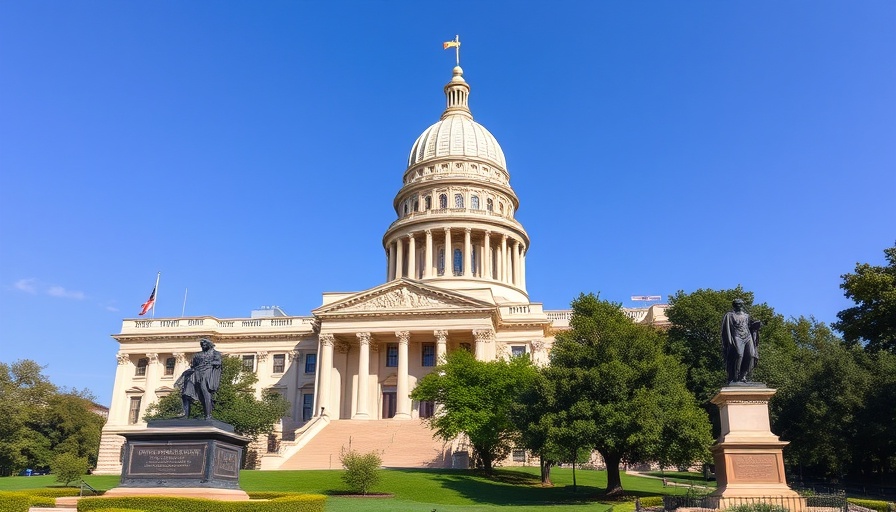
Understanding Texas House Bill 3: A New Era for Education?
The ongoing debate about school vouchers in Texas is escalating, as the House Public Education Committee recently held its first public hearing on House Bill 3. This legislation, spearheaded by Chairman Brad Buckley (R-Killeen), has sparked intense discussions regarding the future of public education funding in the state. The proposal aims to allocate up to $5 billion over the next five years to provide families the option to send their children to private schools, a move that some view as both an opportunity and a potential threat to traditional public schooling.
Voices from the Community: Testimonies That Matter
Public opinions were vocal during the hearing, especially with Jennifer Kost, a dedicated public school mom and community volunteer, representing those who vehemently oppose H.B. 3. After a grueling 22-hour wait, she passionately testified against the bill, arguing that spending taxpayer dollars on private education is fiscally irresponsible at a time when public schools are struggling with funding. Such sentiments were echoed by several other speakers who fear that vouchers will channel much-needed resources away from the already underfunded public education system.
The Political Landscape: A New Majority
The shift in political power dynamics has made the passage of H.B. 3 increasingly likely. Unlike previous years where bipartisan opposition often curtailed voucher legislation, the current pro-voucher majority, bolstered by Governor Greg Abbott and Lt. Governor Dan Patrick's backing, indicates that a significant change may be on the horizon. With several of Abbott's endorsed candidates winning seats in the House, the traditional coalition that previously blocked voucher initiatives has weakened.
Socioeconomic Implications: Who Will Benefit?
House Bill 3 categorizes voucher eligibility into four socioeconomic tiers, opening the door for families with varying income levels to consider private schooling. However, critics like Representative James Talarico argue that the wealthiest families—those categorized in the fourth group—are poised to benefit the most, thus undermining the bill's intention to support the most vulnerable students. This raises critical questions about equity in access to quality education and resource allocation throughout Texas.
A Dual-Edged Sword: The Future of Texas Education
As discussions about education reform continue in North Texas and across the state, the implications of House Bill 3 will be felt long into the future. Proponents claim that increased choice will lead to improved educational outcomes, while critics raise concerns about the potential degradation of public schools as funds are diverted. Understanding the balance between providing diverse educational opportunities and maintaining robust public schooling systems will be crucial as well-informed citizens navigate these complex issues.
Take Action: Engage in the Education Dialogue
The implications of House Bill 3 extend beyond the walls of the Texas Capitol and into the homes of families across the state. Whether you support or oppose school vouchers, it’s essential to engage in this discussion. Attend town hall meetings, reach out to your local representatives, and share your views. The future of education in Texas depends on informed and active participation from its citizens.
 Add Row
Add Row  Add
Add 




 Add Row
Add Row  Add
Add 

Write A Comment